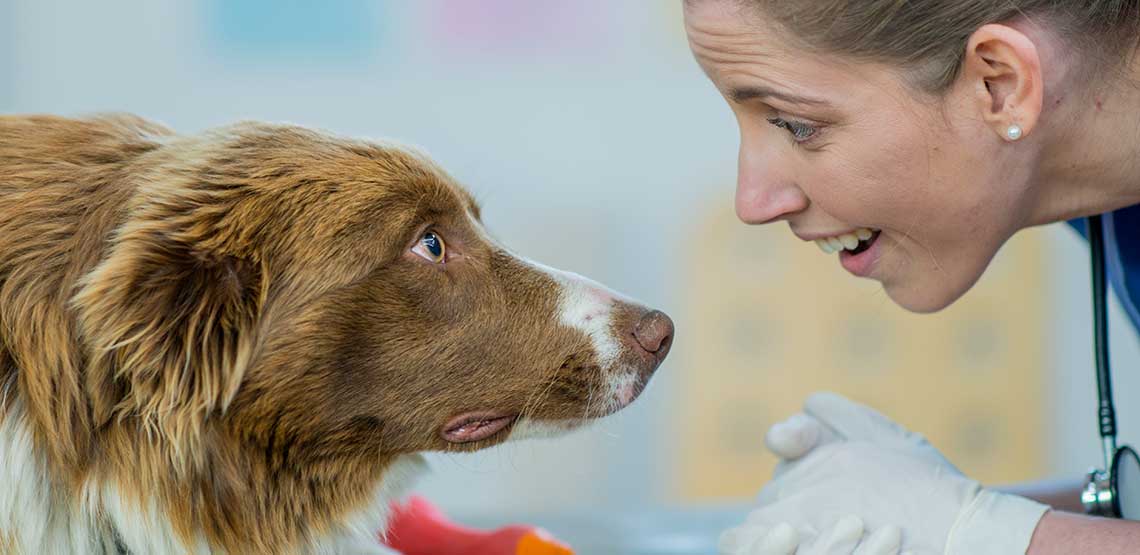Vaccinating Your Dog Helps Ensure a Healthy Lifestyle
Canine vaccines and diseases have become a hot-button issue among dog lovers, with arguments raging over whether vaccinations should be given annually or not at all. With every passing day, there's a new article in a pet publication or another post on a blog blaming a dog's health problem on vaccinations. It is true that some dogs and puppies have allergic reactions to dog shots, but this is a very rare occurrence. The chances of your dog developing a problem from a vaccination are minimal, but the chances of it dying from a highly contagious illness if not vaccinated are high.
How Canine Vaccinations Work
Vaccines work for dogs in the same way that they work for people. When puppies are born, they receive some disease-fighting antibodies from their mother's colostrum, but mother dogs can't pass on their immunity to diseases like rabies, distemper or parvovirus. Therefore, vaccines are required to give the puppies protection from these illnesses.
To vaccinate your pet, the veterinarian injects a very tiny bit of the specific illness into your dog or puppy. This is usually a dead form, but in the case of the rabies vaccine, both dead and live forms are available. From this harmless form, the dog's immune system learns to recognize and defend itself against the particular disease. Whenever the dog is exposed to the disease, its body produces the right antibodies to shield the dog from harm.
Dogs and puppies need to be in good health before they get their vaccinations; otherwise, they may be too weak to manage even the tiny amount of the particular illness injected into their bodies. If the dog already has the disease, then it's too late to give it a vaccine. In that case, it would do more harm than good.
You May Also Like:
Related Search Topics (Ads):
Recommended Puppy Vaccines
Puppies in good health need their first canine vaccines given in multiple doses, so their tiny bodies can handle them. The following puppy vaccination schedule is recommended, as long as your vet agrees that your puppy is healthy enough for the shots:
- 6 to 8 weeks: parvovirus, leptospirosis and DHP (distemper, hepatitis and parainfluenza)
- 9 to 12 weeks: boosters for all of the above
- 13 to 15 weeks: boosters for all of the above and a rabies shot
Ask your vet if Lyme disease is a concern in your area. If the answer is yes, then add a Lyme disease vaccination to the boosters. Some boarding kennels may also require your pup to get vaccinated for nasal Bordetella.
Recommended Dog Boosters
Your dog only needs a rabies booster every two years, depending on your local laws. Parvo and DHP boosters will be required annually for the rest of your dog's life or for as long as your vet recommends. If you plan to show your dog, certain shows may require additional boosters, as well.

